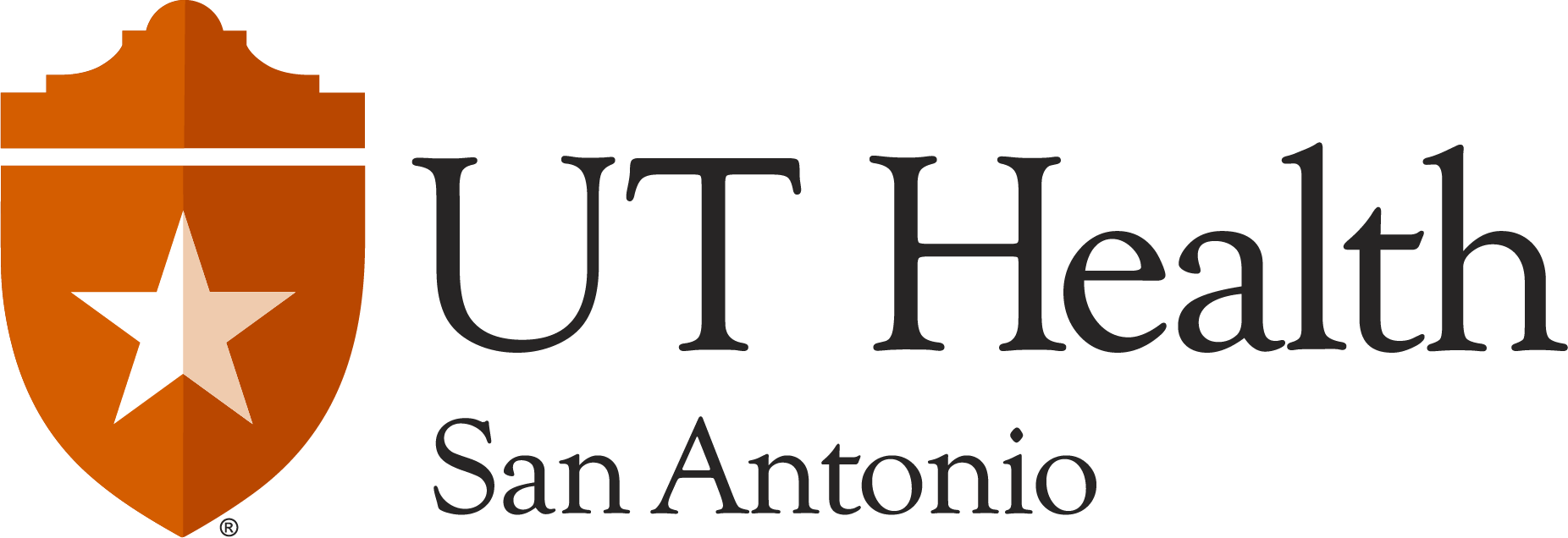| Primary Author: | Valorie Dearmon, DNP |
| Co-Principal Investigators/Collaborators: | Bettina Riley PhD, RN, Lisa Mestas, Ellen Buckner PhD, RN, CNE |
| Organization: | University of South Alabama College of Nursing |
Abstract
Purpose
To explore the effects of mentoring frontline nurses in their use of research, best evidence, and quality improvement while engaged in change processes to resolve interdisciplinary operational failures.
Background
Transforming healthcare systems to improve quality is the responsibility of nurse executives and frontline nurses (IOM, 2010), yet, frontline nurses are often ill-prepared to share leadership and accountability needed for transformation (Scott & Miles, 2013). Institutional participation in a large multi-site study, designed to identify operational failures encountered by nurses providing direct patient care (Stevens & Ferrer, 2011) prompted the action of academic and practice partners. A plan was implemented to mentor frontline nurses during their use of the research process, best evidence, and quality improvement methods to fix interdisciplinary operational failures.
Materials & Methods
Qualitative research design was used to identify the effects of mentoring by a Chief Nursing Officer (CNO) and academic partners on the leadership development of frontline nurses working to find solutions to operational failures. Frontline Innovation (FI) group meetings were held on adjacent days every three weeks over 18 months using the same meeting agenda to assure representation from both day shift groups. Transcriptions of audiotaped meetings were analyzed for emerging themes.
Results
The transcripts revealed robust frontline nurse engagement in process improvement activities while mentored by the CNO and academic partners. The FI group meetings provided structure for staff, administration, and faculty interaction. Process and outcome themes emerged from the data. The process themes were use of the research and quality processes and staff engagement. The outcome themes were confidence, empowerment, improved collaboration, and an appreciation for lifelong learning. All were identified as competencies of leadership (ANA, 2013).
Conclusion
Improving healthcare quality is the responsibility of nurses at all levels of the organization. Mentoring frontline nurses engaged in the use of research and quality processes is an effective strategy to build leadership capacity required for changes to resolve interdisciplinary operational failures. A partnership between practice and academia strengthens the mentoring process.
Bibliography
- American Nurses Association (2009). Nursingadministration: Scope and standards of practice. Silver Spring, MD: Nursesbook.org.
- Institute of Medicine (2010). Making a difference. Accessed from http://www.iom.edu/About-IOM/Making-a-Difference.aspx
- Scott, E., & Miles, J. (2013). Advancing leadershipcapacity in nursing. Nursing Administration Quarterly, 37(1), 77-82.
- Stevens, K., & Ferrer, R. (2011). Small Troubles, Adaptive Responses (STAR-2): Frontline Nurse Engagement in Quality Improvement. STAR-2 Network Study, Improvement Science Research Network, University of Texas Health Science Center San Antonio. Retrieved from http://www.isrn.net/node/70
© Improvement Science Research Network, 2012
The ISRN published this as received and with permission from the author(s).

